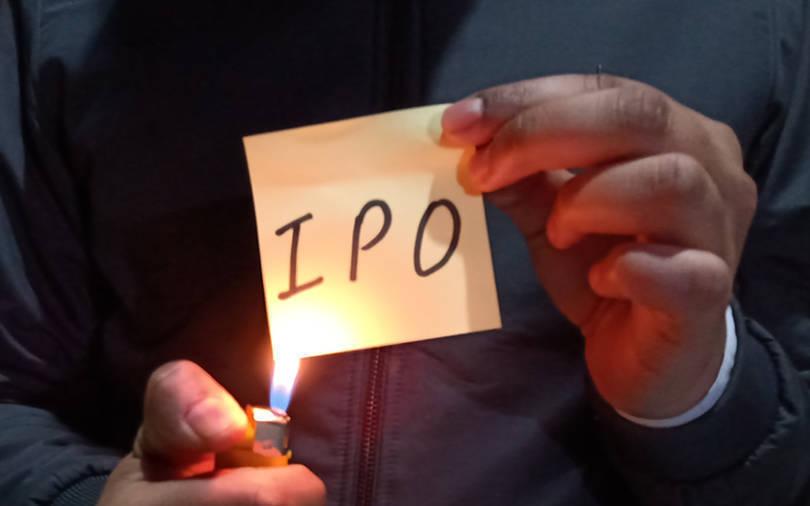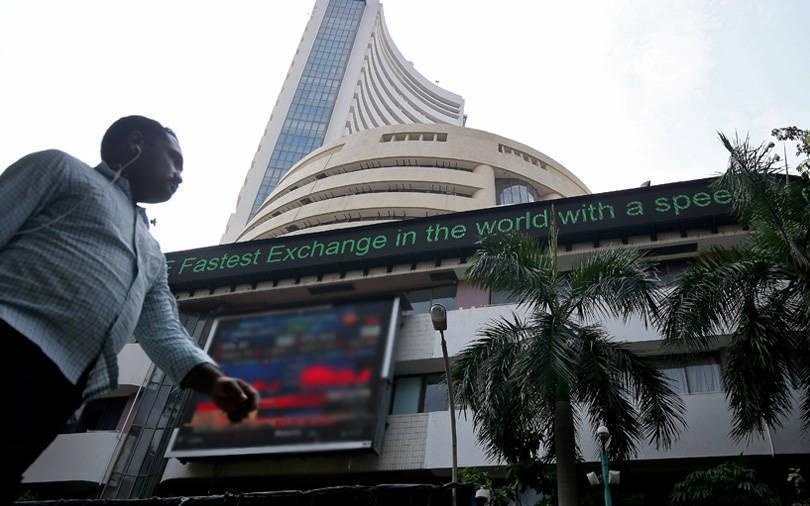India's markets watchdog has told the Supreme Court its 2019 change in rules on how offshore funds report their ownership did not make it tougher to identify their beneficiaries, its legal filing shows.
The change in rules was cited as one factor by a Supreme Court-appointed committee that made it difficult for the Securities and Exchange Board of India to identify beneficiaries of offshore funds which allegedly invested in the companies of the Adani Group.
In a new court filing on July 10, SEBI said its 2019 rule changes in fact "tightened the disclosure requirement" related to beneficial owners.
The case was sparked by U.S.-based short-seller Hindenburg Research's allegations in January of improper governance practices and use of tax havens by Adani, allegations the coal-to-airports group outrightly denied.
The group's stocks had plunged and a court- appointed panel was asked to look into measures on investor protection, and review SEBI's findings in the matter.
That panel in May said the regulator drew a blank and its ongoing pursuit of the case could be a "journey without a destination".
The panel in its report had also recommended that a firm timeline for SEBI to complete its investigations must be "embedded into the law."
In its 43-page filing, SEBI opposed that suggestion by the court-appointed panel, saying prescribing such limits for completion of investigations "may compromise the quality of investigation", create constraints and increase litigation.
The Supreme Court will hear the ongoing Adani-Hindenburg case on Tuesday. The regulator has until Aug. 14 to submit its report.











